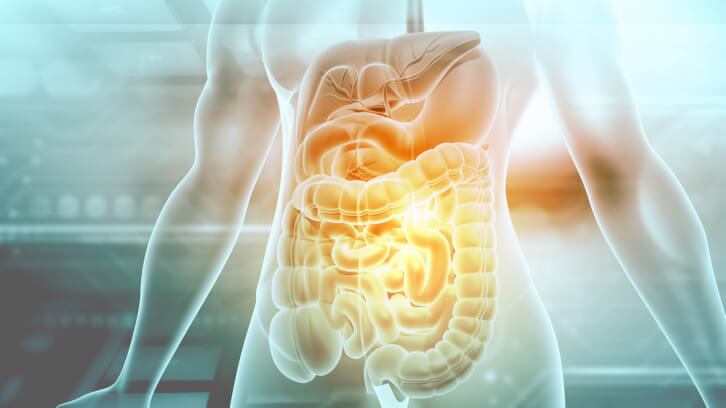In addition, the article in Nutrients spotlighted polyphenols, flavonoids, curcumin, zinc, and vitamins C, E, and D for their potential usage within antiviral functional foods, based on the available evidence.
Despite the collated science suggesting their potentials against viral onset and subsequent symptoms, the researchers emphasised: “The health benefits of functional foods against COVID-19 require scientific claims and optimization to establish their role in therapeutics. Additionally, there is a need for toxicological evaluation to determine the optimal dosage and safe administration of these functional foods.”
Functional immunity
It has been established that functional foods and natural food compounds may influence the immune system and mediate anti-viral function. The interest in this area has been enhanced following the COVID-19 pandemic, with an increasing prevalence of studies exploring the efficacies of natural products in enhancing the immune response to the virus.
There has been specific interest in targeting gut health to improve this response, due to its essential role in the immune system. Subsequently, it has been established that pre- and probiotic consumption can improve microbial diversity and subsequently the immune response.
Thus, it has been hypothesised that probiotics and other functional foods may reduce the severity and duration of the COVID-19 virus, yet there is little evidence to support this. The present review sought to gather the available evidence and research on the effects of the virus on the gut microbiome, and assess the potential for biotics as nutritional interventions to reduce subsequent susceptibility.
Review findings
It is noted that the COVID-19 virus may significantly impact the digestive system due to its binding to the ACE2 receptors within the gut. Paired with this, it has been observed that the resultant dysbiosis has been associated with the presence of the virus.
In addition, markers of inflammation, such as cytokines, have been associated with the severity of the disease within hospitalised patients, as well as additional microbial metabolites. Thus, the researchers hypothesise that this may suggest a significant involvement of the microbiome with the virus.
Further to this, the researchers spotlight bacterial species found to be depleted in similar inflammatory disorders, including B. adolescentis, F. prausnitzii, E. rectale, R. (Blautia) obeum, and D. formicigenerans. Thus, it is hypothesised that probiotics may present a significant intervention strategy to improve COVID-19 outcomes.
The researchers highlighted the “potent immune-boosting effect” observed in specific functional foods, spotlighting polyphenols, flavonoids, curcumin, zinc, and vitamins C, E, and D for their significant noted effects. Specifically, the observed that omega-3 fatty acids can reduce to risk of having COVID-19, whilst also reducing symptom duration.
Explained
Regarding the noted potentials of probiotics in the prevention and alleviations of viral infections, the researchers explain these effects may result from their produced metabolites: “SCFAs affect the host immune response by activating G-protein-coupled receptors (GPCRs) through specific receptors with varying degrees of intensity.
“T cells, macrophages, and dendritic cells’ ability to differentiate or carry out particular functions may be influenced by the butyric and propionic acids that the gut microbiota produces through prebiotic fermentation,” they added.
The report stressed the need for research to establish the influence of the microbiome and the COVID-19 virus in terms of the proven mechanisms of action, utilising RCTs with high levels of control to prove causality.
Source: Nutrients
https://doi.org/10.3390/nu15112631
"Functional Foods: A Promising Strategy for Restoring Gut Microbiota Diversity Impacted by SARS-CoV-2 Variants"
Authors: A. Banerjee, et al.

